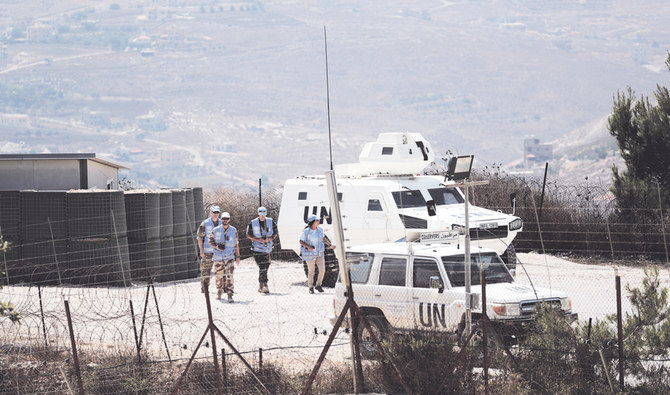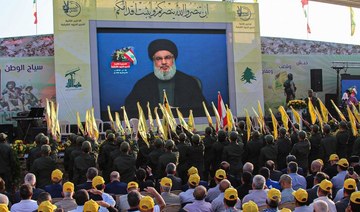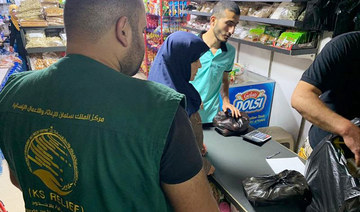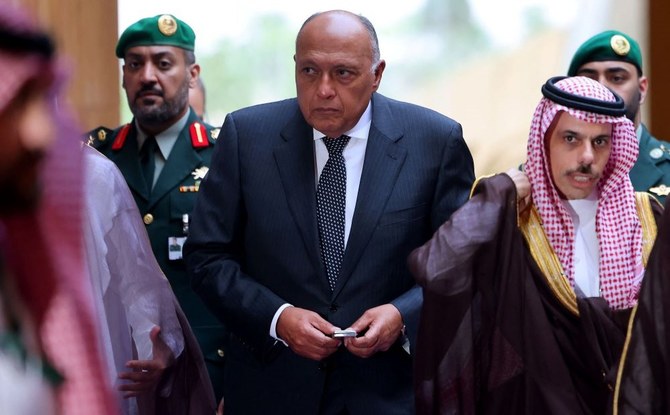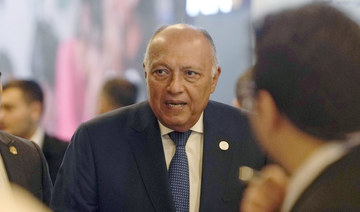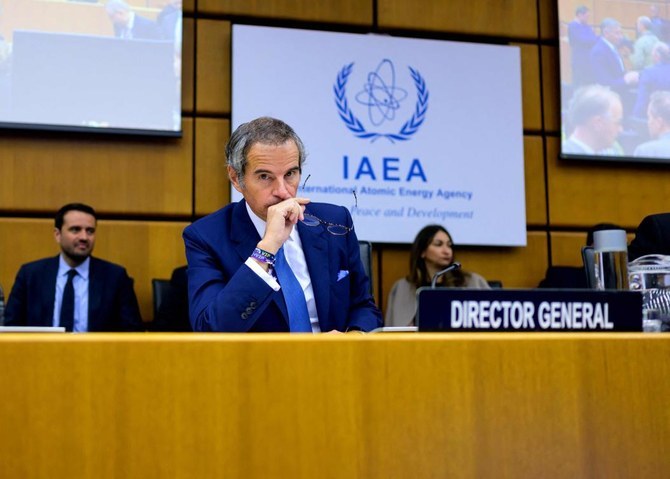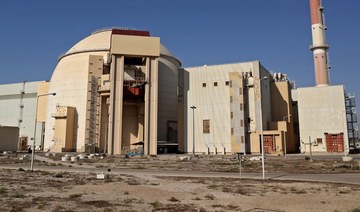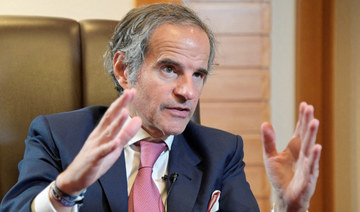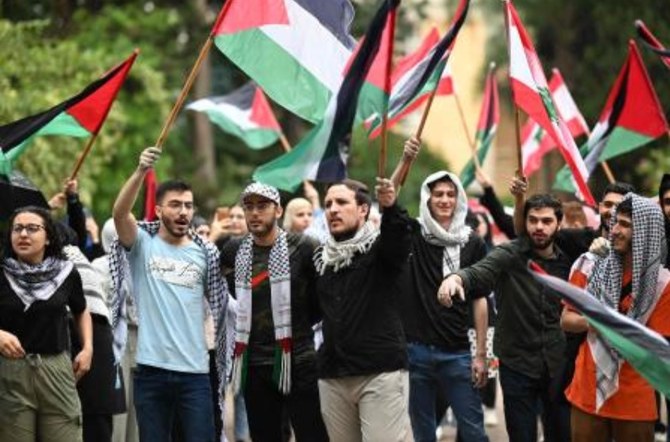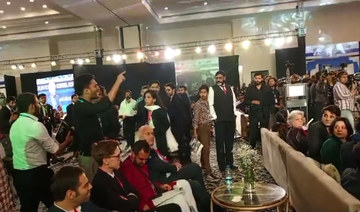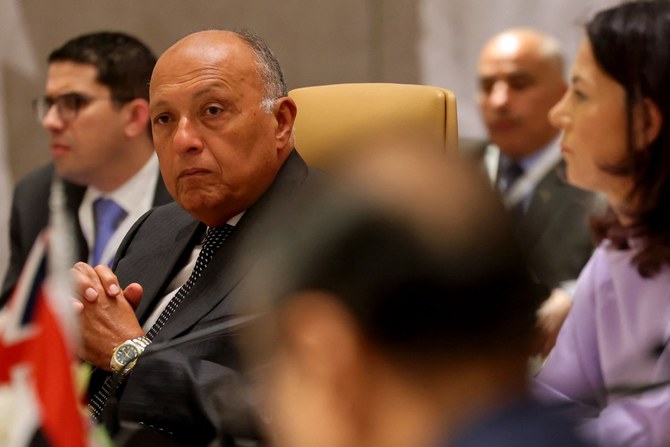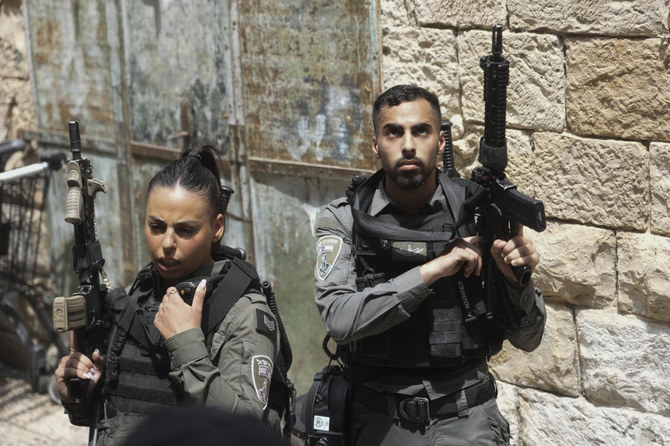BEIRUT: Kuwait’s Ambassador to Lebanon Abdel Aal Al-Qenaei said that Arab states support Lebanon’s stability and are concerned about its security.
He confirmed support for all measures and policies Lebanon takes to protect its security, stability and territorial integrity.
Lebanese Prime Minister Saad Hariri met with Arab envoys on Wednesday as part of efforts to reduce tension following Israel’s attack in Beirut and its strike on a Popular Front for the Liberation of Palestine-General Command (PFLP-GC) base.
The meeting was attended by ambassadors from Oman, Saudi Arabia, Morocco, Algeria, Sudan, Iraq, Tunisia, Egypt, the UAE, Kuwait, Palestine, and the chargé d’affairs of the Jordanian Embassy.
Al-Qenaei said: “Hariri has presented Lebanon’s vision on the recent events, and we stressed that its stability is our demand. There is an Arab concern to ensure that Lebanon is spared all that threatens its security and stability.”
He added that the diplomats have heard Hariri state that Lebanon will request an Arab League meeting to discuss the Israeli aggression.
Ghattas Khoury, political adviser to Hariri, told Arab News: “The meeting was held at the request of Hariri to call upon Arab nations to use their influence and relations to calm the situation in the region
and restore respect for UN resolution 1701.”
He added: “The Lebanese leaders are still concerned about potential escalation. All channels are open with the US, European and Russian sides to ensure the stability of Lebanon.”
The Arab stance was preceded by a similar position announced by the EU, which affirmed its support for Lebanon’s security and sovereignty.
Maja Kocijancic, spokesperson for EU foreign affairs and security policy, said: “It is the responsibility of all parties in the region to exercise maximum restraint, comply with international law and avoid any further escalation. The EU expects all parties to fully comply with the relevant UN Security Council resolutions, especially 1701 and 1559.”
Hezbollah Secretary-General Hassan Nasrallah said during a religious meeting: “The response will not be now, so sleep comfortably. We have a specific weapon but will not waste it on drones.”
Nasrallah recalled the attack on Hezbollah in Quneitra, Syria in 2015, which killed six fighters. He said: “The atmosphere was charged at the time, and we waited 10 days. Now, we are not in a hurry at all. Let Israel remain on alert.”
Former Lebanese Prime Minister Fouad Siniora called on Hezbollah to “exercise greater insight and bear in mind what Israel can plot in the light of its current election campaign.”
He added: “We are now experiencing the consequences of Hezbollah’s actions outside Lebanon, which expose us to unforeseen risks.”
Israel continues to impose a
state of alert in areas along the Lebanese border.
Russia Today quoted DEBKAfile, an Israeli military intelligence website, that the Israeli Army had closed a 6-km strip of airspace up to the Lebanese border to civilian air traffic.
Israel’s move followed restrictions on the movement of nonmilitary vehicles in areas bordering Lebanon, in addition to the deployment of several Iron Dome anti-missile batteries.
The Times of Israel alleged that the targets of the strike on Beirut’s southern suburb were two crates of material for a Hezbollah program, which aims to turn its stock of rockets into precision-guided missiles.
It added that the targets were “a specialized industrial mixer and a computerized control unit, which is necessary for the creation of the solid fuel used in long-range missiles and was the only machine of its kind inside Lebanon.”
According to Channel 13 news: “The planetary mixer had recently been flown into Lebanon from Iran and was being held in Beirut’s southern suburb before being transferred to the factory, where the actual work on the precision missile project was being performed. The damage to the mixer rendered it unusable and is believed to have set back this aspect of Hezbollah’s precision missile program by at least a year.”



